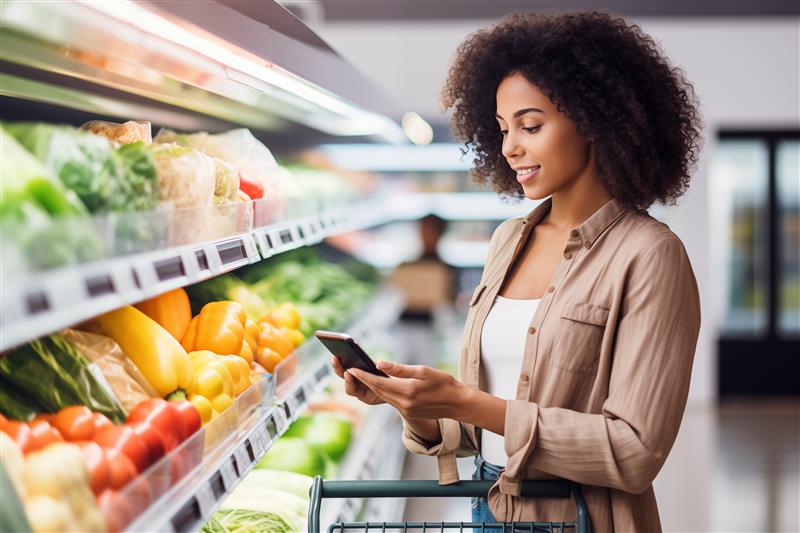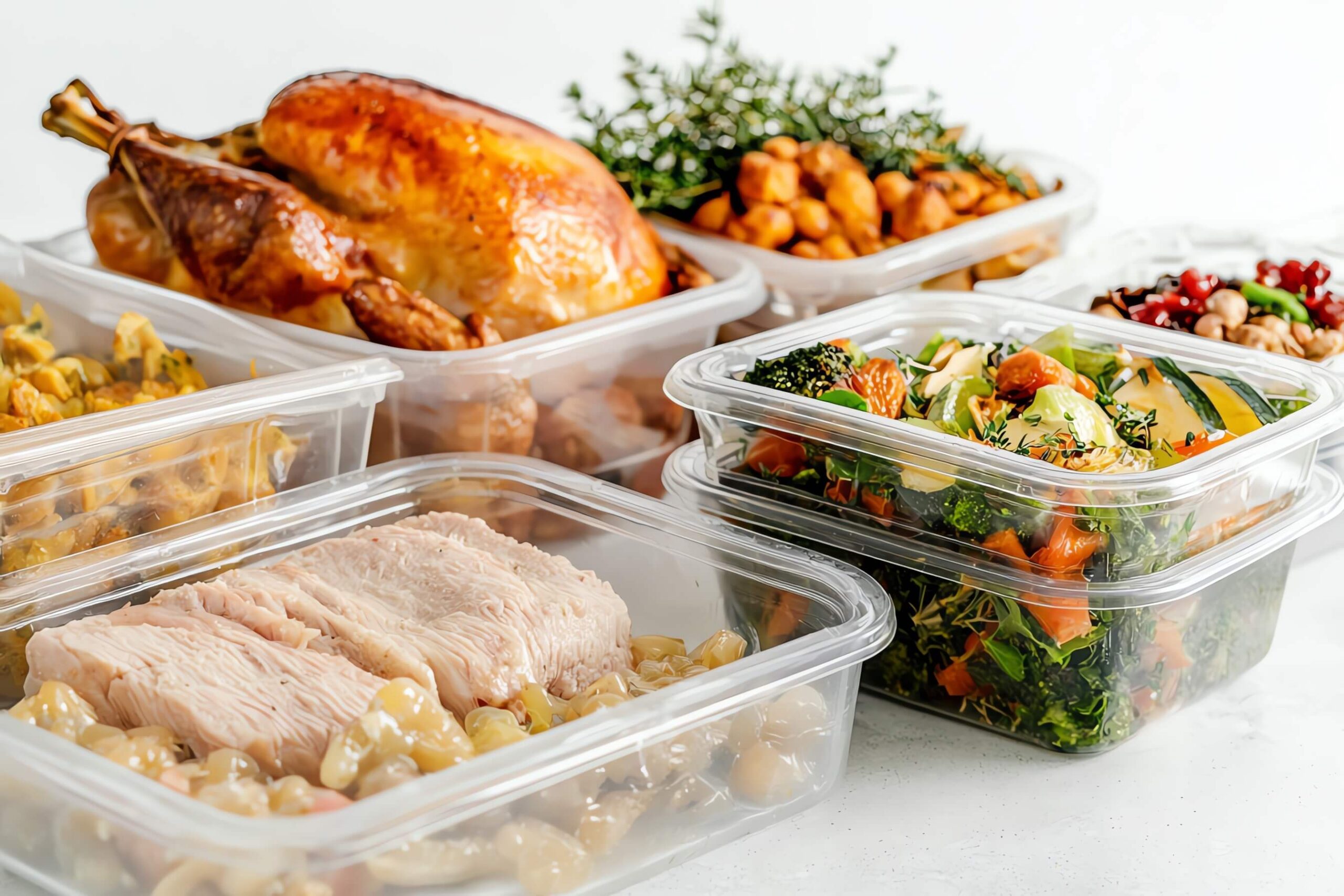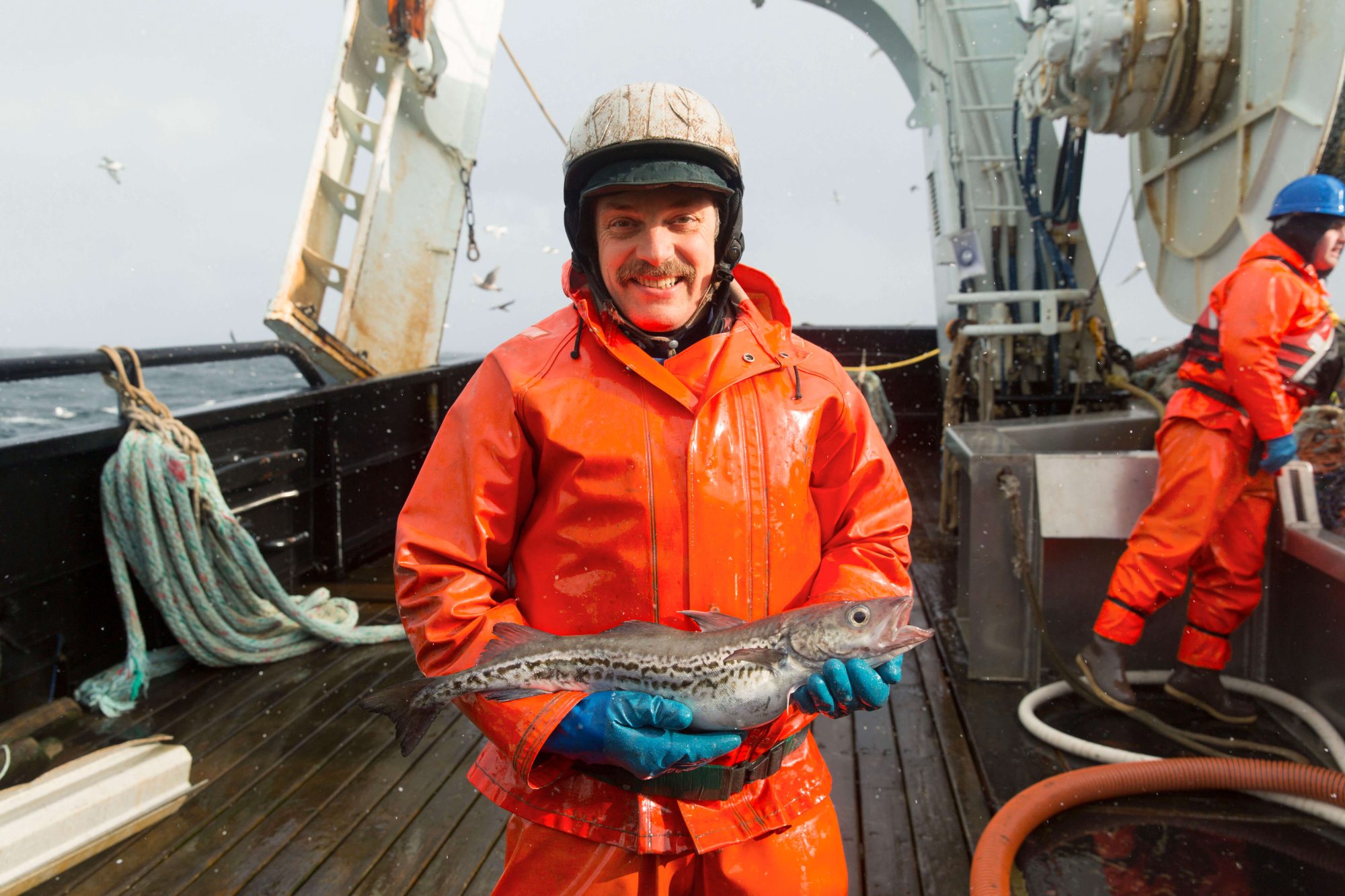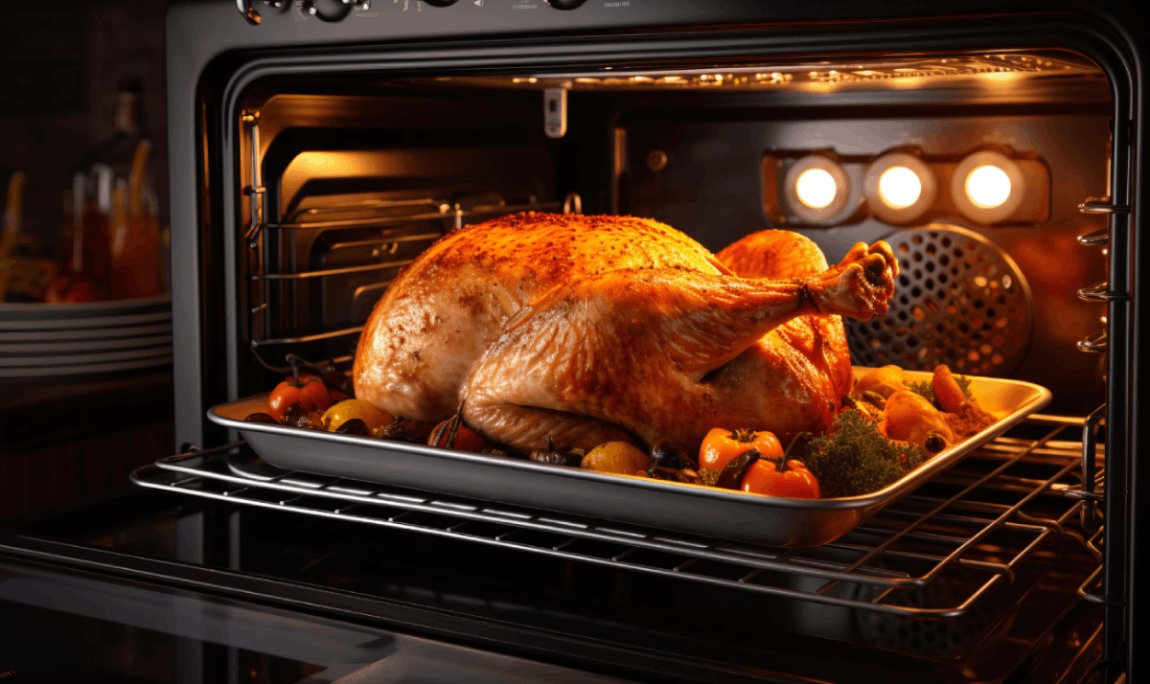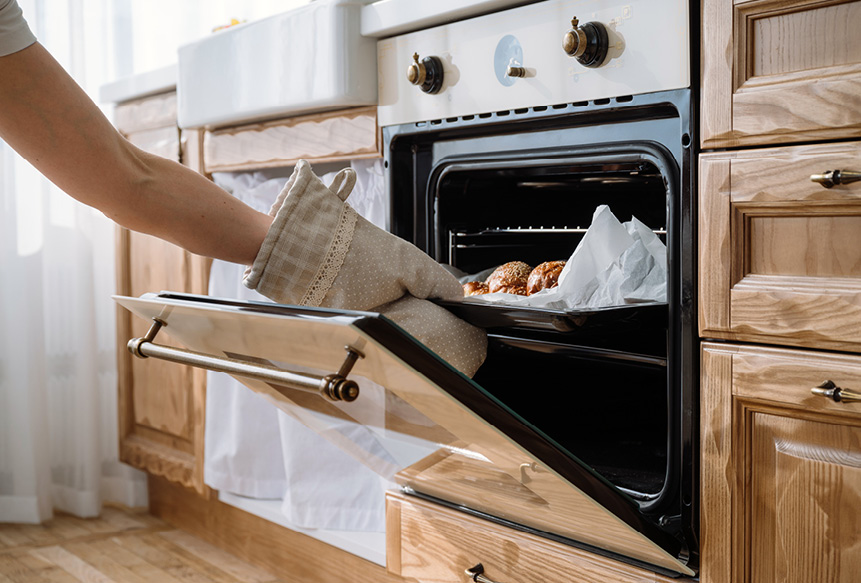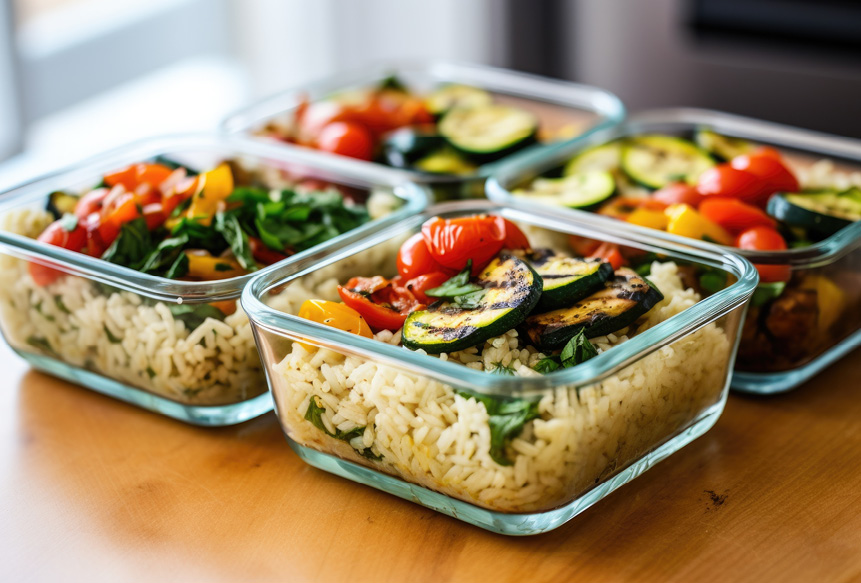Last spring, the Sobeys Sustainability Team challenged Canadian innovators to help develop an alternative to non-recyclable Styrofoam trays used to package in-store wrapped fish, meat, and produce. Sobeys was overwhelmed with the enthusiasm and response from– 20 teams joined the challenge, each presenting exciting ideas to ignite more sustainable change. But one team stood out. Meet Anil Abrol, founder of Eco Guardian, and winner of the Sobeys Plastic Waste Challenge.
Tell us about your company, Eco Guardian.
Today, Eco Guardian is a midsize company with a team of 29 – and we are the number one privately owned, sustainable product solution supplier in Canada. Our beginnings were a little more humble. I started the company back in 2004 with a big goal: to replace all the thin single-use plastic bags in North America. My peers thought I was crazy. They said, “The world will never stop using plastic bags.” But young people believed in my vision. After that, I didn’t want to stop.
What came next?
Together with an environmental analyst, we investigated other big pollutants and discovered that Styrofoam was a huge one, so we started studying compostable alternatives, eventually developing an all-natural product composed of sugarcane and bamboo fiber.
In what ways is your compostable packaging better?The materials are all drawn from waste of other industries. We take waste that would have typically been burnt or discarded, and give it new life in these compostable Styrofoam alternatives. It comes from nature and goes back to nature – and better yet, they have terrific functionality in that they’re still microwave, oven, and freezer-safe.
How quickly do they compost?
For a product to qualify as compostable, it must break down into water, carbon dioxide, and biomass, leaving no residual toxins. The biomass material is rich in nutrients and can be used to fertilize the soil. By international standards, if something degrades by 90% in 12 weeks, it’s considered compostable; when tested in the lab, our products degraded by 100% in just 33 days!
Wow! What made you participate in the Sobeys Plastic Waste Challenge?
The meat industry is among those that uses the most Styrofoam – and there are very few attractive replacements on the market – something that needs to change. This challenge was right in our wheelhouse; we just had to adapt our existing product to work on grocery store shelves. It’s nice to see that a grocery leader like Sobeys is willing to challenge industry norms.
How did the challenge unfold?
Of the twenty plus companies that entered the Plastic Waste Challenge, Sobeys executives chose six finalists. The eight contestants all went to an auditorium on the East Coast. One by one, we were called in to make a 10-minute sales pitch and face a 20-minute question period. It felt like we were on Dragon’s Den!
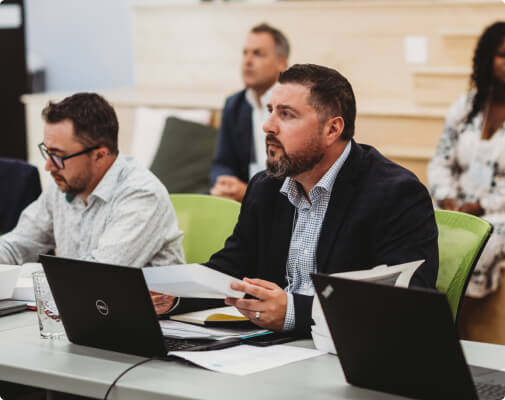
How did you feel?
We felt confident. There were eight criteria spanning from materials and product characteristics to commercial viability – and one of them was that the product should be durable and presentable. So we picked up a cut of meat from a Sobeys store in Halifax and presented it in our packaging. I could see that the judges were impressed.
Describe the moment you won.
The judges deliberated for over an hour, and called us back into the auditorium to be presented with certificates. It was in no particular order, except that the last ones called would be the winners. Oh, the anticipation was painful! When everyone was called, and we were last, it was such a proud and exciting moment! We jumped up and down. I even got a bit tearful.
Why do you think you won?
We know the product well. We know it’s scalable. And we know it’s good for the environment.
What did winning mean to you?
It wasn’t about the money – and $25,000 is good money for us – it was about the validation that the judging panel and a major grocer saw merit in our solution. It was very motivating to everyone at Eco Guardian. It felt like winning a gold medal at the Olympics.
And what are the next steps now?
Sobeys will pilot project at one store and, when it’s successful, extend it across Atlantic Canada. In three or four years, I hope to see it not only in all Sobeys stores but other banners, like Safeway and Foodland,. Ultimately, I would like to see it take over the meat industry worldwide. This is just the beginning.
That’s ambitious!
My only hope is that this starts a revolution of change in the meat packaging industry.
